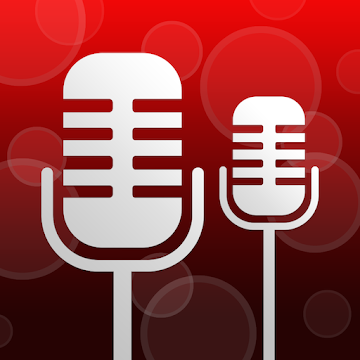|
During the Thirty Years War, Heinrich Schütz, the 17th Century German composer, wrote in the dedication of Small Sacred Concertos,”….Music has not only gone into a great decline, but in many places has been altogether destroyed by the still continuing course of the war….” [1]. Four Hundred years later, I too, have concerns of the decline of not only music, but poetry, theatre, and any other genre which stands as an homage to the human voice. For practitioners of the vocal arts and professions, the isolation forced by COVID-19 has a grim consequence. However just as within Schütz’s time of challenges, perhaps we may yet reap, with joy, an unexpected treasure. At this point in time, there is no truly safe way to allow public performance of the voice [2]. The act of vocalizing involves the coordination of the respiratory system, the vocal folds and supporting muscles, and the vocal tract (the areas from the larynx to the throat, and oral cavity.) The air pressure produced while vocalizing, can equal that of a strong cough. Both coughing, singing, and loud speaking can produce a long stream of aerosols reaching well over the recommended six feet of “social distance.” The otolaryngologist, Dr. Halstead, of the Performing Arts Medical Association, along with Dr. Donald Milton, an infectious bio-aerosol specialist at the University of Maryland, laid out the problems during a talk addressed to the memberships of the National Association for the Teachers of Singing, Chorus America, and The American Choral Directors Association. They included:
While grieving and sadness is certainly an expected reaction from the voice community, could it be possible to find the small wonders that come from human tribulations? Can we find those ideas that flower into a sublime works of art, as happened in Italy with the blooming of the Renaissance from the ashes of the Black Plague. While Heinrich Schütz wanted to write operas, he was forced to write music that had a reduced complement of musicians. But what a collection of music it is. He became known for his ability to create music which evoked images of the words as well as intense feelings. Would he have achieved that without his struggles to create from a situation he could not control?
In order to return to communal singing, and speaking, here are some principles to keep in mind.
These are small steps, but it’s one possible beginning. How will COVID-19 ultimately impact music and the other vocal arts, is a secret to us mortals. Vocal performance is too precious a resource to keep out of the public for long. Even Heinrich Schütz understood that if he couldn’t create what he wanted, he should still create. Later on, in the same dedication, he wrote “But meanwhile, so that my God-given talent in this noble art does not remain totally idle but can create some small offering” [5]. What will your small offering be? Resources for Virtual PerformanceMore coming soon! Have a suggestion, send it to us or comment below! Sources[1] Burkholder, J. P., Grout, D. J., & Palisca, C. V. (2014). A history of Western music (9th ed.). New York: W. W. Norton & Company.
[2] Link: https://www.middleclassartist.com/post/nats-panel-of-experts-lays-out-sobering-future-for-singers-no-vaccine-no-safe-public-singing [3] Wan, C. Y., Rüber, T., Hohmann, A., & Schlaug, G. (2010). The Therapeutic Effects of Singing in Neurological Disorders. Music perception, 27(4), 287–295. https://doi.org/10.1525/mp.2010.27.4.287 [4] Link: https://www.sltrib.com/opinion/commentary/2020/05/12/commentary-turn-down/?fbclid=IwAR2kperKphssrM_2rpt59vgBZCLsSlmWUob7erTPBA4AZ8ekXWdJeMY-DZQ [5] Grout et al.
0 Comments
Your comment will be posted after it is approved.
Leave a Reply. |
Trissa DiBenedetto WAlterIs a singer, voice teacher, speech language pathologist, and certified vocologist Archives
July 2020
Categories |

 RSS Feed
RSS Feed